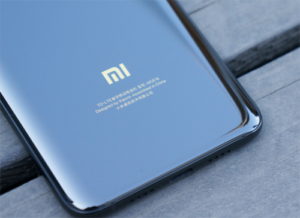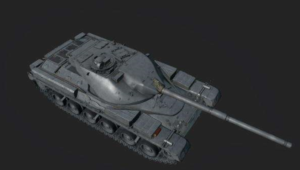- Alumina
- Boron Nitride
- Zirconia
- Other Ceramics
- Applications
- Contact
As a key member of non-metallic materials, ceramic materials have a large number of attractive properties, such as good mechanical and electrochemical properties, low thermal conductivity, compact uniform structure, wear resistance and corrosion resistance, etc.
Just like the slogan of the MI 6 porcelain brand mobile phone, “The extreme cost performance is combined with the technological crystallization like art”, the ceramic body has higher hardness and better handle, which makes the application of ceramic materials in the mobile phone industry-recognized and appreciated by everyone. Similarly, the application of ceramics in other fields has been gradually recognized.

MI 6
The high specific stiffness, high specific strength and chemical inertness of ceramic materials in the complex environment make its application in the armor system very promising, and it has been widely used in the protective armor of body armor, vehicles, and aircraft, etc. At present, the commonly used armor ceramics are mainly boron carbide (B4C) and silicon carbide.
The metal material can absorb the energy of the warhead through plastic deformation, while as a brittle material, the plastic deformation is close to 0. Therefore, under the impact force of the warhead, the ceramic material mainly absorbs energy through the micro-crushing process, which can be roughly divided into three stages: initial impact stage, erosion stage and deformation fracture stage. The surface of the armor ceramics causes the warhead to passivate and the surface to shatter into small, hard particles. As the blunt projectile goes deeper, the armor ceramics form a fragmented layer, the tensile stress within the material causes the ceramics to shatter, and the remaining energy is absorbed by the backplate.
In short, the high hardness of the ceramic material enables it to passivate or even break warheads and absorb energy from high-speed warheads through its own breaking process. Meanwhile, the ceramic material is less than half the density of steel and is very suitable for mobile armor and individual protection.

Silicon carbide and boron carbide ceramics have long been used in bulletproof armor. Boron carbide ceramics were first used in the 1960s to design bulletproof vests and to fit into the seats of airplane pilots. After that, the bulletproof ceramic composite armor composed of ceramic panels and composite backplates was applied to the APCs, tanks and military aircraft by the United States and other western military powers after the 1970s.
Related: Application of Boron Carbide Ceramics in Body Armor
Boron carbide is a strong covalent compound with a covalent bond of 93.9%, so it has the characteristics of low density, high strength, high-temperature stability, and good chemical stability. Its products are especially suitable for light armor applications. Like boron carbide, silicon carbide has strong covalency and high strength bond at high temperature, which endows silicon carbide ceramics with excellent strength, hardness and wear resistance.
As a bulletproof material, the above materials are prepared into powder and burned into blocks, which are then turned into ceramic blocks with bulletproof capability, and further integrated with other ingredients to become the final product that can be equipped.
Thank you for reading our article and we hope it can help you to have a better understanding of ceramic materials used in lulletproof armor. For more information about ceramic materials, please visit https://www.speciaLceramicparts.com/.